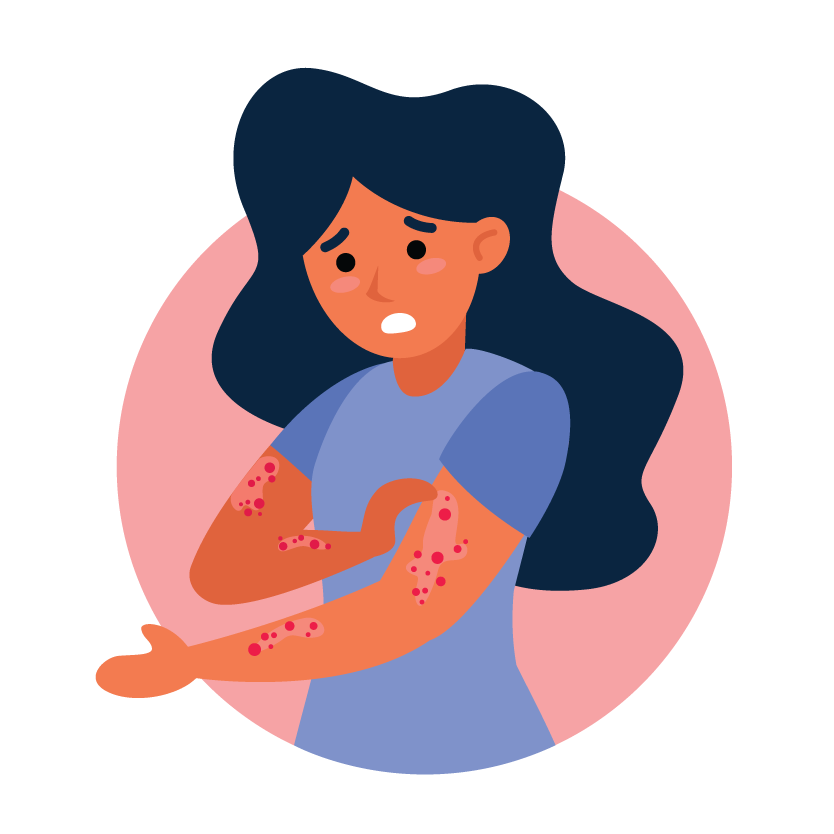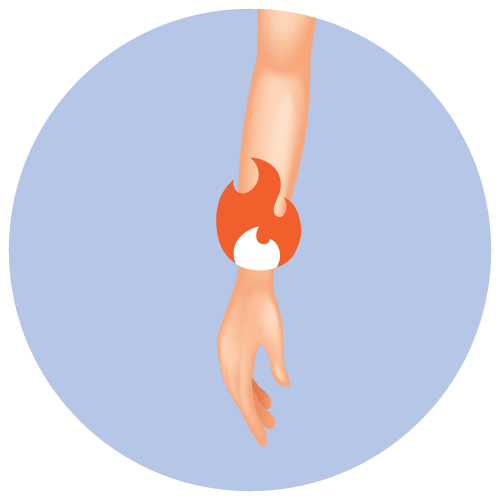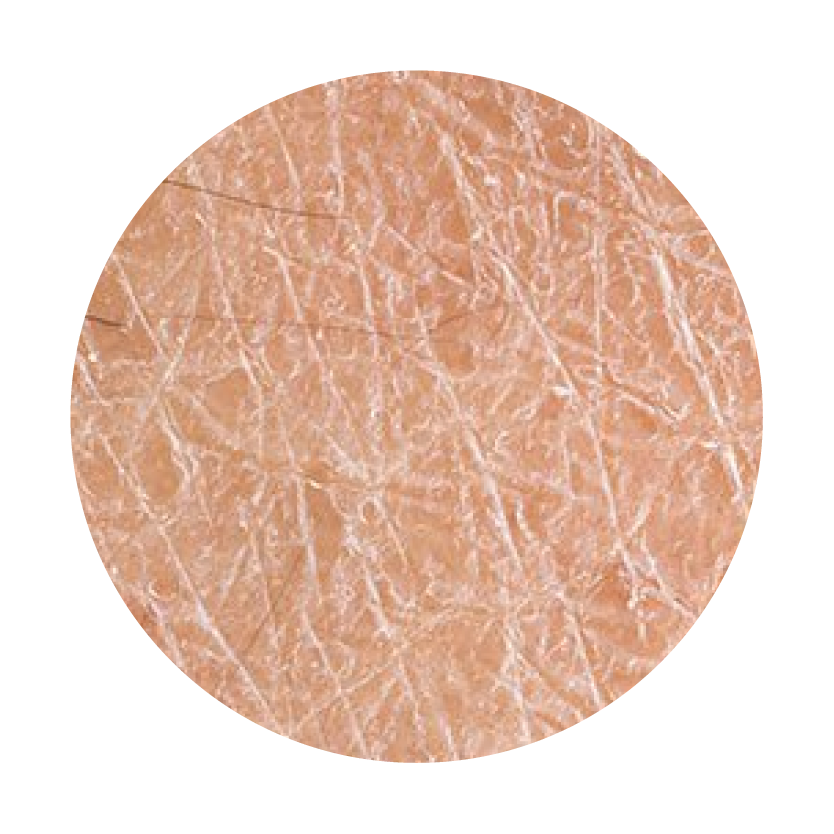| Name | Diflorasone Diacetate |
| Classes |
Dermatological/Topical Agent Steroid |
| Diseases |
Irritation Itching Redness Skin Disorder Swelling |
Diflorasone Diacetate
Diflorasone Diacetate is classified as a high-potency topical corticosteroid. Diflorasone Diacetate exerts its anti-inflammatory, antipruritic, and vasoconstrictive effects by binding to glucocorticoid receptors. This complex then enters the cell nucleus, modulating gene expression to inhibit the synthesis of inflammatory mediators.
Diflorasone Diacetate is indicated for the relief of inflammatory and pruritic manifestations of corticosteroid-responsive dermatoses.
- Apply Diflorasone Diacetate Ointment thinly to the affected area one to three times daily, adjusting frequency based on the condition's severity or resistance.
- Strictly for external use.
- Avoid contact with the eyes.
- After each application, wash hands thoroughly.
- Do not use with occlusive dressings unless specifically directed by a physician. In case of infection development, discontinue the use of occlusive dressings and initiate appropriate antimicrobial therapy.
Adverse reactions associated with Diflorasone Diacetate are listed below in decreasing order of frequency:
- Burning or Stinging Sensation
- Itching
- Irritation at the Application Site
- Dryness
- Folliculitis
- Hypertrichosis (Excessive Hair Growth)
- Acneiform Eruptions
- Topical Use Only: Diflorasone Diacetate is for external use only. Avoid contact with eyes, face, groin, or axillae. Do not apply to broken or infected skin.
- Duration of Use: Prolonged use may lead to skin atrophy, striae, and other corticosteroid-related side effects. Use for the shortest duration necessary for efficacy.
- Systemic Absorption: Absorption through the skin may occur, leading to systemic effects. Use caution in patients requiring long-term therapy and in children.
- Concomitant Infections: Use with caution in the presence of bacterial, viral, fungal, or parasitic infections. Topical corticosteroids may mask signs of infection.
- Hypersensitivity Reactions: Discontinue use if irritation or hypersensitivity reactions occur. Allergic contact dermatitis may develop.
Contraindication
Diflorasone Diacetate is contraindicated in individuals with a history of hypersensitivity to diflorasone diacetate or any components of the formulation.
None known.
None known.
 Bangla
Bangla English
English


